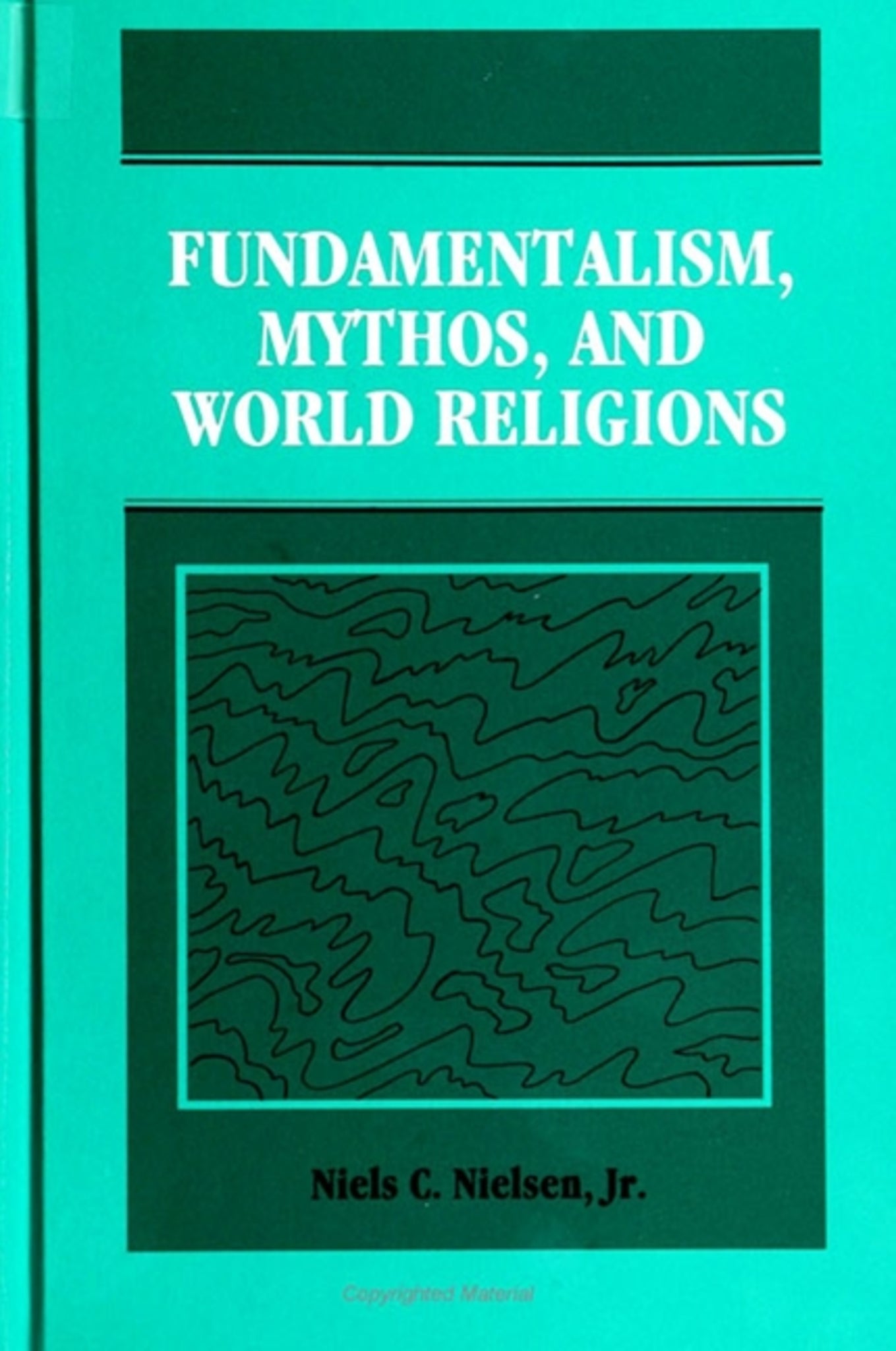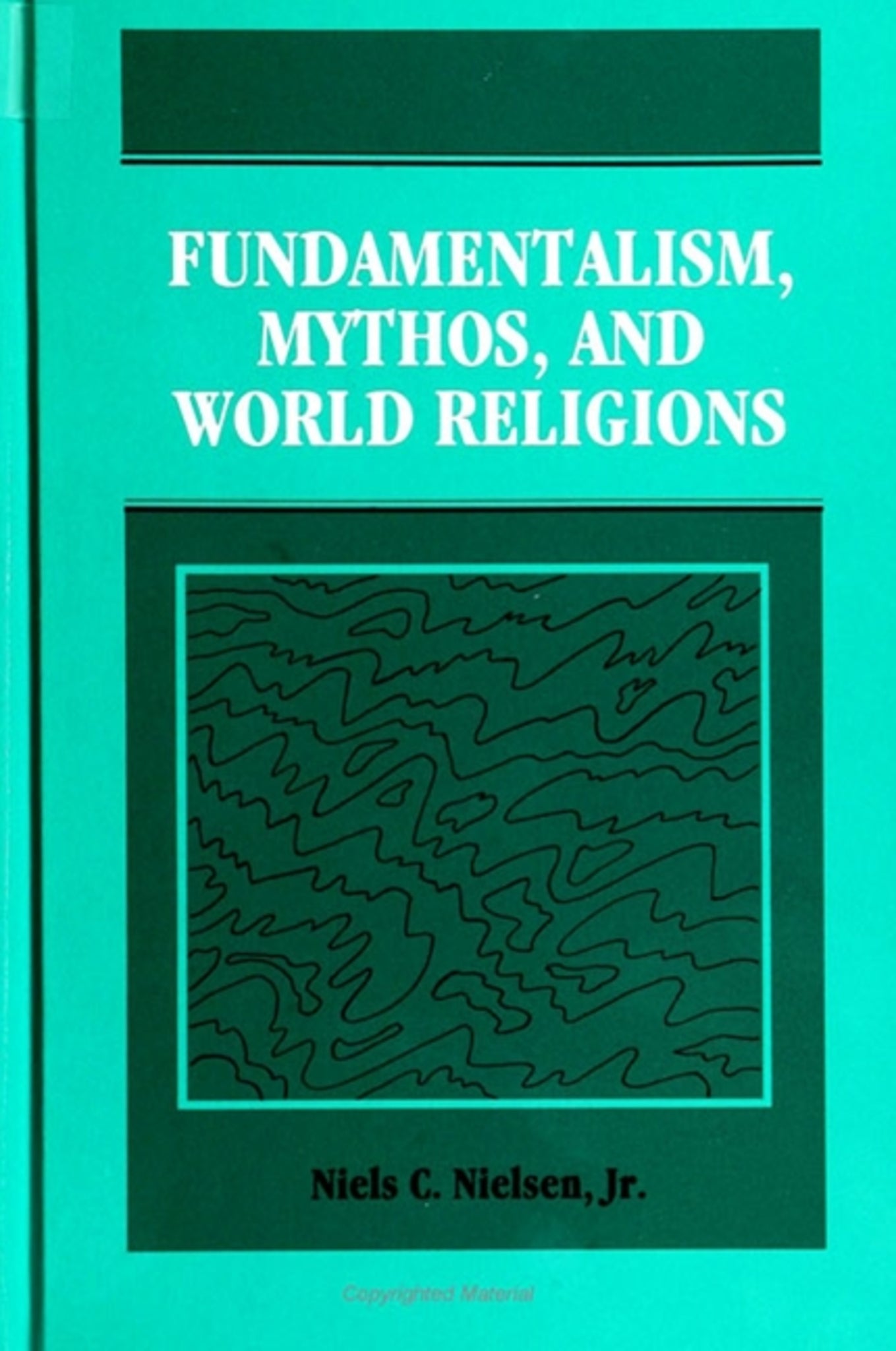We're sorry. An error has occurred
Please cancel or retry.
Fundamentalism, Mythos, and World Religions

Some error occured while loading the Quick View. Please close the Quick View and try reloading the page.
Couldn't load pickup availability
- Format:
-
12 October 1993

Fundamentalism is widely feared and its influence is growing in many of the major world faiths. Arising in reaction against modernism, fundamentalism affirms a pre-Enlightenment paradigm in a post-Enlightenment era. The author supports a prediction that fundamentalists will continue to have power in a variety of religions. But their characteristic ahistorical, absolutistic, view will limit their outreach.


"It is a very readable account that places in perspective one of the timeliest issues in religion in our time. It draws on the finest scholarship, distilling from it the essential theories and data, and makes it intelligible to the general public." — Harold H. Oliver, Boston University School of Theology
"Nielsen handles 'mythos' and 'myth' quite fairly, with evident awareness that fundamentalists will reject the term and the approach. Yet he is not condescending or terrified by the fundamentalist phenomenon. He argues capably that it deserves to be studied against the background of the way world religions have long been studied. While in the nature of the case it is not likely that fundamentalists will accept anything but self-description, I think that informed ones would at least see that Nielsen is interested in honoring them and their language." — Martin Marty, Divinity School, University of Chicago
Preface
1. The Problematic
2. American Fundamentalism
3. Mythos in the History of Religion
4. The American Paradigm
5. The Case for Mythos
6. Jewish Fundamentalism
7. Muslim Fundamentalism
8. Hindu Fundamentalism
9. Sikh Fundamentalism
10. Buddhist Fundamentalism
11. Conclusion
Notes
Index



